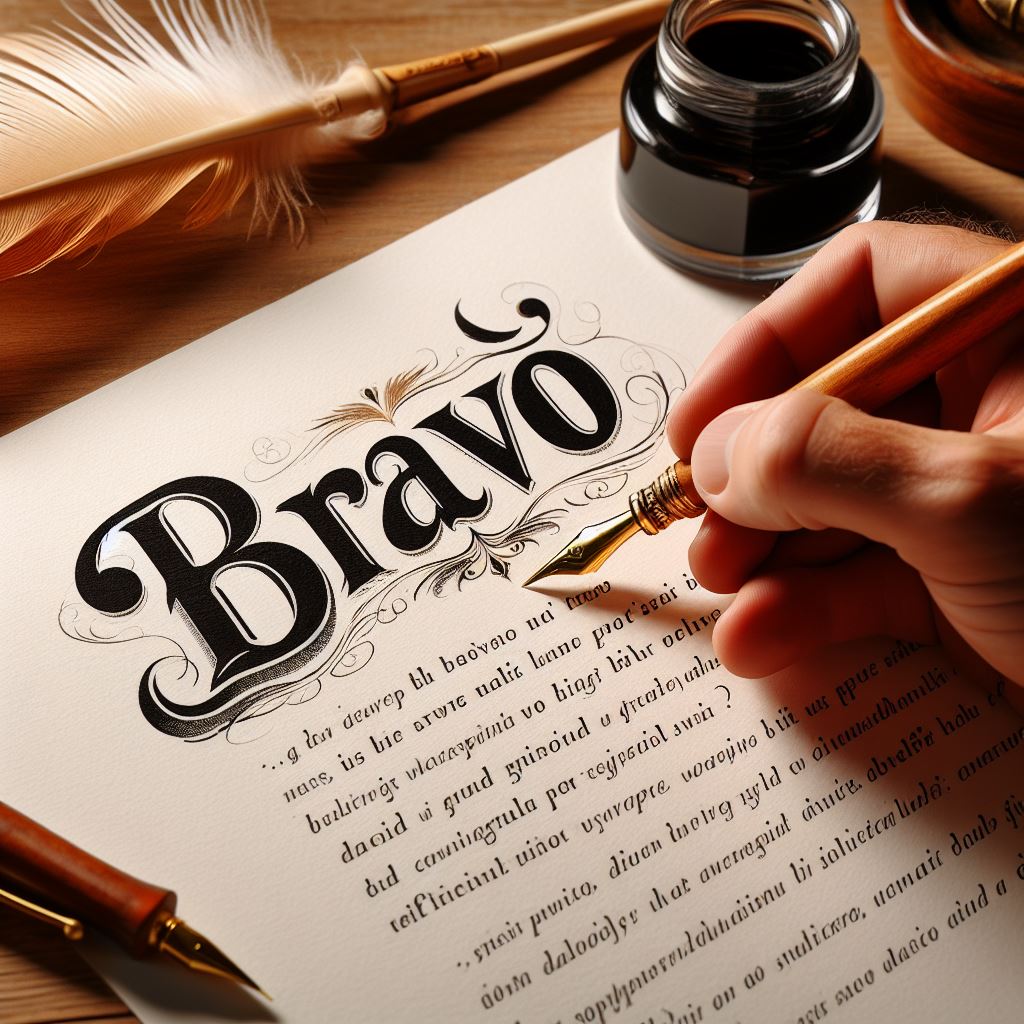What Powers Do Constitutional Monarchs Have?
In a constitutional monarchy, the monarch shares power with a democratically elected government. The monarch is the head of state, but they do not have the same powers as an absolute monarch.
The specific powers of a constitutional monarch vary from country to country. However, there are some common powers that are held by most constitutional monarchs. These include:
- The power to appoint the prime minister
In most constitutional monarchies, the monarch appoints the prime minister, who is the head of government. The monarch usually appoints the person who is most likely to command the confidence of the legislature.
- The power to dissolve parliament
The monarch can dissolve parliament, which means that new elections must be held. This power is usually used when the government loses the confidence of the legislature.
- The power to veto legislation
The monarch can veto legislation, which means that it cannot become law. However, this power is rarely used in practice.
- The power to grant pardons
The monarch can grant pardons to people who have been convicted of crimes. This power is usually used in cases where there is a strong public appeal for clemency.
- The power to represent the country abroad
The monarch is the official head of state and represents the country abroad. They often attend state functions and meet with foreign leaders.
In addition to these formal powers, constitutional monarchs also play an important symbolic role. They are often seen as representing the unity of the country and as a source of national pride.
Questions and Answers
Q: What are the limits on the powers of a constitutional monarch?
A: The limits on the powers of a constitutional monarch are set by the constitution. The constitution is a document that sets out the basic laws of the country. It usually specifies the powers of the monarch and the government.
In practice, the powers of a constitutional monarch are also limited by political conventions. Political conventions are unwritten rules that are followed by politicians. For example, it is a political convention in most constitutional monarchies that the monarch does not interfere in the day-to-day running of the government.
Q: What are the benefits of a constitutional monarchy?
A: There are several benefits to a constitutional monarchy. One benefit is that it provides a sense of stability and continuity. The monarch is usually a hereditary position, which means that there is a clear line of succession. This can help to ensure that the government is stable even in times of political change.
Another benefit of a constitutional monarchy is that it can help to promote national unity. The monarch is often seen as a symbol of the country, which can help to unite people from different backgrounds.
Q: What are the drawbacks of a constitutional monarchy?
A: There are also some drawbacks to a constitutional monarchy. One drawback is that it can be expensive to maintain a monarchy. The monarch and their family often have a large staff and they may live in a luxurious palace.
Another drawback is that a constitutional monarchy can be seen as undemocratic. The monarch is not elected by the people, and they have some powers that are not subject to democratic control.
Conclusion
Constitutional monarchies are a form of government that combines the traditional authority of a monarch with the democratic principles of a parliamentary system. They offer a number of benefits, such as stability, national unity, and a sense of tradition. However, they also have some drawbacks, such as the cost of maintaining a monarchy and the potential for undemocratic practices.
